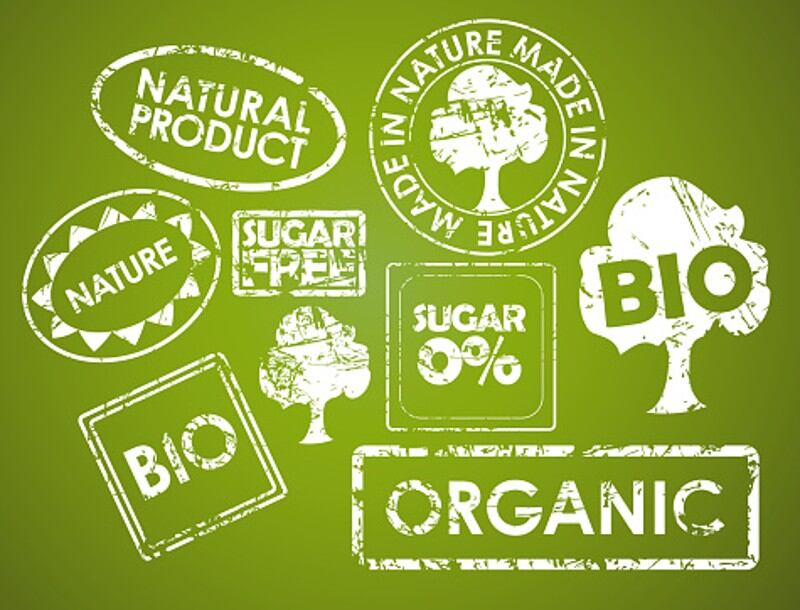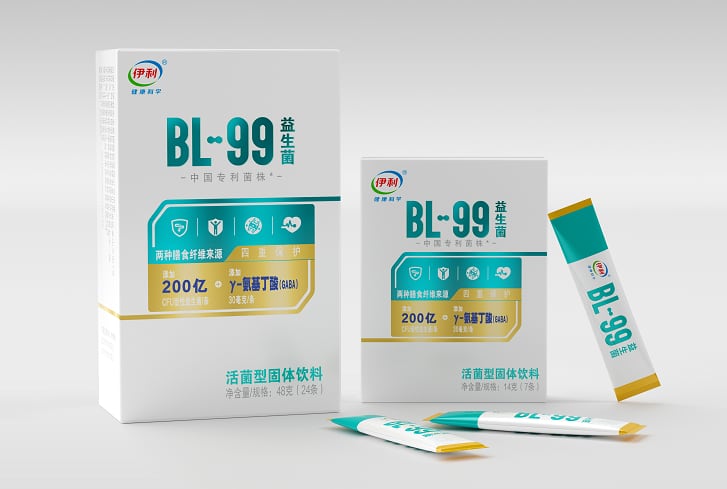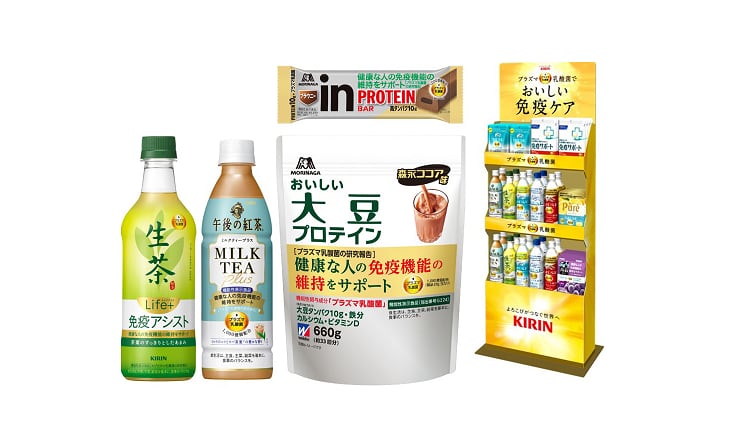Off-back claims refer to all sorts of nutritional or health claims made about a product that are not found on the packaging itself, but communicated to consumers via television advertisements, radio channels, social media, YouTube channels, billboards and so on.
These off-pack claims are far less regulated as compared to claims made on the actual product packaging, but according to local experts awareness of this issue amongst governments in the region is rising, and any firms still practicing this would do well to put a halt to such activities.
“Governments here in the Middle East are just now starting to be very aware of these off-pack claims and potential violations of local legislations, and more and more they are starting to raise their concerns to companies [though currently more as warnings as opposed to legal actions],” Tate & Lyle Regulatory Affairs & Nutrition Science Manager Dalia Zayan told the audience at the recent Middle East Sugar and Calorie Reduction Programme held by the UAE Food & Beverage Manufacturers Group and the UAE Ministry of Industry and Advanced Technology.
“There have already been some examples of warnings in Middle Eastern countries being issues, one of them being the Saudi Food and Drug Authority (SFDA) which has a channel to register such TV ads – at present, there is no legal recourse to stop firms that don’t register with them or are in violation of legislations ([that apply to on-pack labels], but the firms will receive warnings from SFDA that they are in violation of local legislation.
“Jordan is also taking action on this, so for firms that make cereal that is fortified with vitamins and minerals for example, they need go to the special foods department in Jordan and register to get a certificate – before this, the firm will need to formally agree to a statement saying that any communication to consumers will need to get prior approval from the Jordan FDA and violation of this means potentially facing penalties.
“So the bottom line is that off-pack claims may not be heavily regulated as of yet, but food firms still need to be abiding to local legislations and ensure they are compliant.”
Zayan highlighted that this applied to all sorts of claims, both health and nutritional, and for nutritional claims it was very important for firms to ensure knowledge of the differences between each type of claim and the necessary criteria to hit to make the actual claim.
“The most common claims that manufacturers and consumers are interested in would be the positive ‘source of…’, ‘high in…’, or the negative ‘reduced…’ or ‘no added…’ claims – all of these are very heavily regulated here in the Middle East,” she said.
“Fibre is especially scrutinised here in the GCC, specifically ‘source of fibre’ and ‘high in fibre’ claims – for the former, products must have a minimum of 3g fibre/100g and for the latter this must be 6g fibre/100g, [but] sometimes products with nutritional tables showing zero in the dietary fibre column say this when the manufacturer actually has no right to claim anything related to fibre whatsoever, which needs to be changed.
“Protein is another emerging claim here, especially with lots of consumers going to the gym more, and in places like Saudi Arabia a minimum of 12% of the energy value of the product must come from protein in order to call it a ‘source of protein’.
“Firms also need to keep up with local reference values when it comes to things like vitamins and minerals, as nutrient reference values (NRV) will depend on each market’s recommended daily allowances (RDA) of these, but each market’s regulator has the right to adjust the RDA.
“For instance, in the EU the RDA for iron is 14mg daily, and your product would only need to be 15% of this value to be a ‘source of iron’ – but in the GCC the regulations have been updated such that the iron RDA is now 22mg daily, due to a general iron deficiency in the region. So as a manufacturer, you will now need to make sure your products have at least 15% of this 22mg daily to be compliant with local legislation when claiming to be a ‘source of iron’.”
Non-uniform sugar
At present, requirements for different countries in the Middle East call for different values for manufacturers to make claims – the strictest is currently the SFDA, which requires companies to have cut the sugar content of their products by 30% to make a ‘reduced sugar’ claim, as opposed to 25% in other countries such as the UAE and Egypt.
“But of course, as manufacturers the aim would be to develop recipes for the whole region, not looking at one recipe for UAE, one recipe for Saudi and one recipe for Egypt,” said Zayan.
“So the best way is to take the strictest requirements and adhere to this, in this case being the SFDA’s 30% reduction which is in compliance with EU regulations to claim reduced sugar [so this does not require] product claims and labelling adjustments to be made depending on the point of manufacturing and export of the product.”





